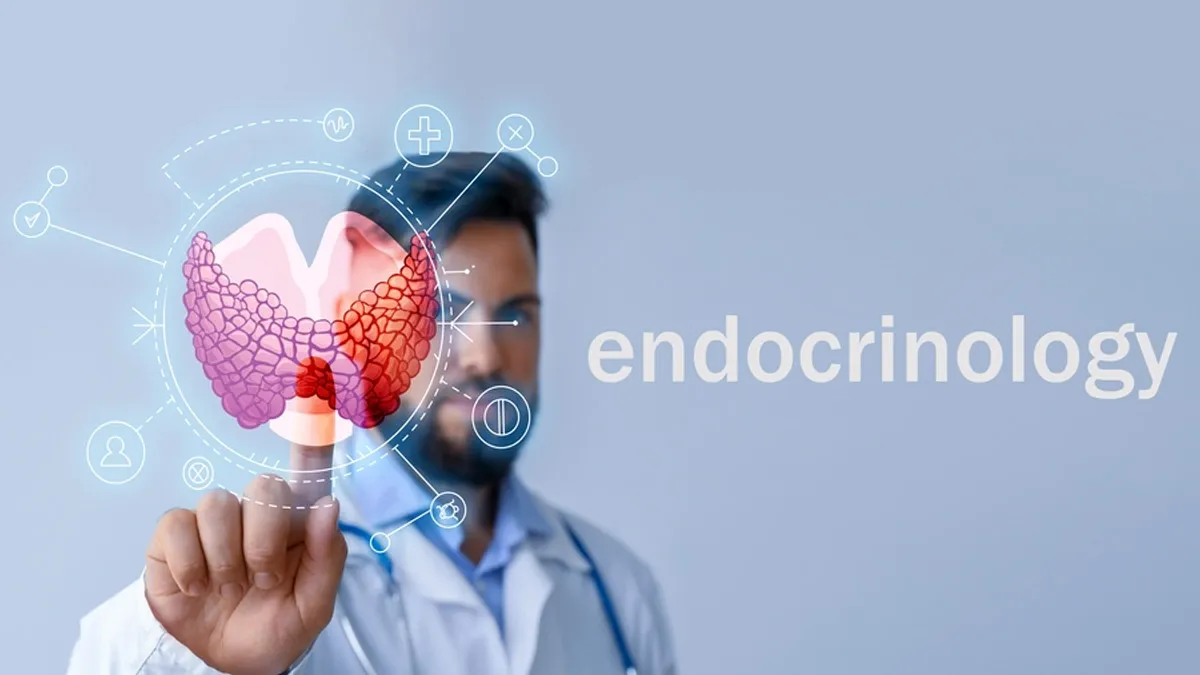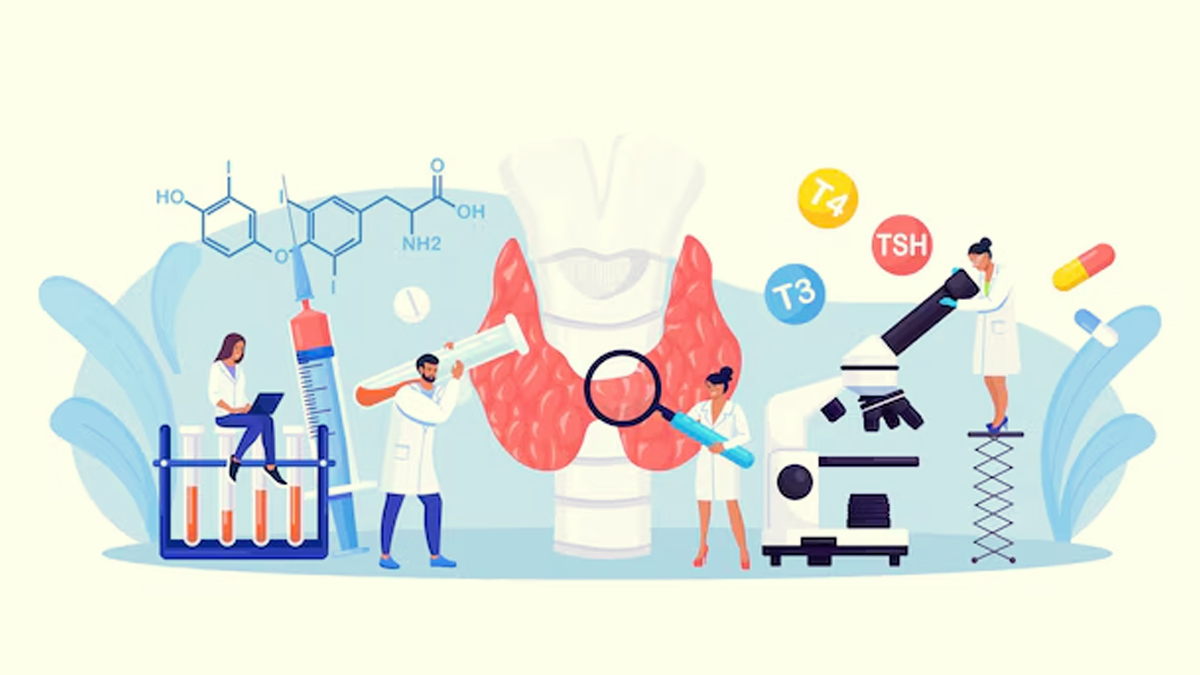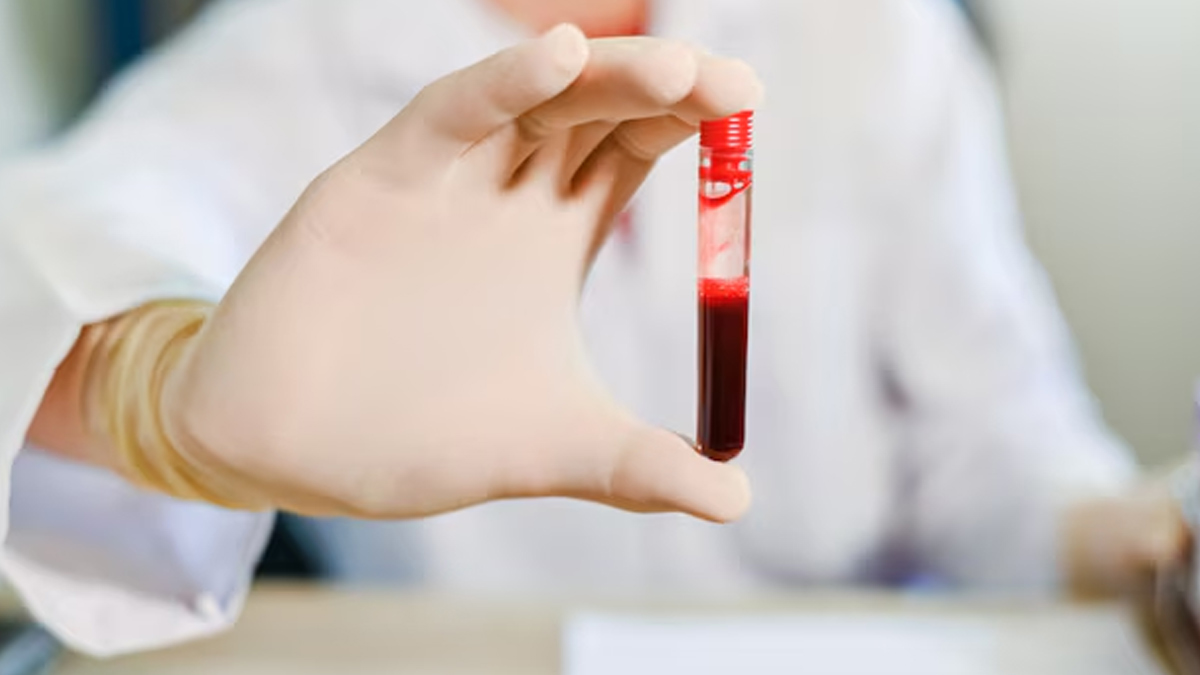
The human body contains hidden glands that form the endocrine system, which play a crucial role in regulating various metabolic processes, especially those related to reproduction and growth. For instance, the overproduction of thyroid hormone from the thyroid gland results in hyperthyroidism, leading to increased heart rate and loss of weight. Insufficient insulin output from the pancreas results in diabetes, affecting millions. We spoke to Dr Jayakrishnan Pillai, MBBS, DNB - Orthopaedics/Orthopaedic Surgery, Orthopaedic Surgeon, Joint Replacement Surgeon, Bengaluru, who explained endocrine disorders, their symptoms, causes, diagnosis, and treatment measures.
Table of Content:-
What Are Endocrine Disorders?

"Endocrine disorders occur when glands produce too much or too little hormones, disrupting the balance needed for the body to function properly. Hormones are chemical messengers that travel through the bloodstream and affect bodily processes. Hormonal imbalance can negatively affect the body's vital functions and overall health," said Dr Pillai.
According to the National Institute of Diabetes and Digestive and Kidney Disease (NIDDK), the endocrine system consists of eight major glands throughout your body, including the thyroid gland, adrenal gland, pituitary gland, and pancreas. They play a major role in promoting metabolism, growth and development, sexual function, and mood.
Endocrine and other hormones are essential to regulate bodily processes. A change in hormonal balance can cause a wide range of health issues. The list of common problems associated with an imbalance in hormones includes:
- Adrenal Insufficiency
- Polycystic Ovary Syndrome
- Congenital Adrenal Hyperplasia (CAH)
- Hyperaldosteronism
- Osteoporosis
- Thyroid Disorders
"Each of these conditions influences the hormone system in unique ways, which means that their treatments vary. The treatment approach is tailored to the specific condition and its effects on the body, which is always prescribed by medical professionals after the condition worsens," added Dr Pillai.
Also Read: 7 Lesser Known Facts About Endocrine Cancer
Symptoms of Endocrine Disorders
Here are some symptoms of endocrine disorders, listed by the expert, that you should watch out for:

- Persistent fatigue or weakness
- Abnormally increased heart rate or fluctuations in blood pressure
- Any mood instability, anxiety, or depression
- Increased thirst, hunger, or appetite changes
- A sudden increase in weight
- Skin changes, hair thinning, or excessive growth of hair
Causes of Endocrine Disorders

- Genetic Predisposition: A family history of hormonal imbalances has a high chance of disorders in the new generation.
- Autoimmune Conditions: Glands that attack the immune system, such as type 1 diabetes can cause these disorders.
- Infections and Tumors: Infections or abnormal growths, benign or malignant, can affect gland function.
- Lifestyle Factors: Poor dietary habits, lack of exercise, and chronic stress may be the main causes contributing to these hormonal issues.
Also Read: How Do Thyroid Problems Lead To Other Problems In Your Body?
Diagnosis and Understanding Treatments

Diagnosis
- Blood tests can be done to measure hormonal levels.
- Ultrasounds and MRIs for gland evaluation.
- Biopsy or advanced testing for further evaluation, such as tumours.
Treatment Approaches
- Medications: The endocrinologist suggested medication, therapies, or drugs to regulate excessive hormone production.
- Lifestyle and Holistic Changes: A balanced diet, regular workout, and stress management are crucial.
- Surgery: It is needed if a tumour or cyst is detected or severe gland dysfunction takes place.
Recognising the early symptoms is essential for identifying the diseases in their early stages. Endocrine detectors are effective in dealing with complications and much more. The endocrine system is responsible for the coordination of several functions of the body, therefore, it is necessary to treat it.
Bottomline
Dr Pillai concluded, “Addressing a condition holistically is the most important aspect delivered by multidisciplinary actions. This goes beyond just recovering from the ailment as it targets enhancing life quality through preventive measures. Taking control of your health starts with awareness and action. Don’t wait for the silent symptoms to take their toll; consult a healthcare expert today and begin your journey toward better health and vitality.”
[Disclaimer: This article contains information provided by an expert and is for informational purposes only. Hence, we advise you to consult your professional if you are dealing with any health issue to avoid complications.]
Also watch this video
How we keep this article up to date:
We work with experts and keep a close eye on the latest in health and wellness. Whenever there is a new research or helpful information, we update our articles with accurate and useful advice.
Current Version